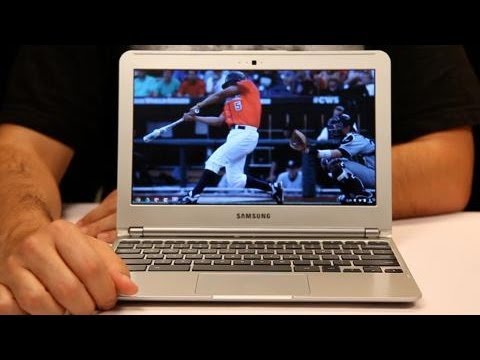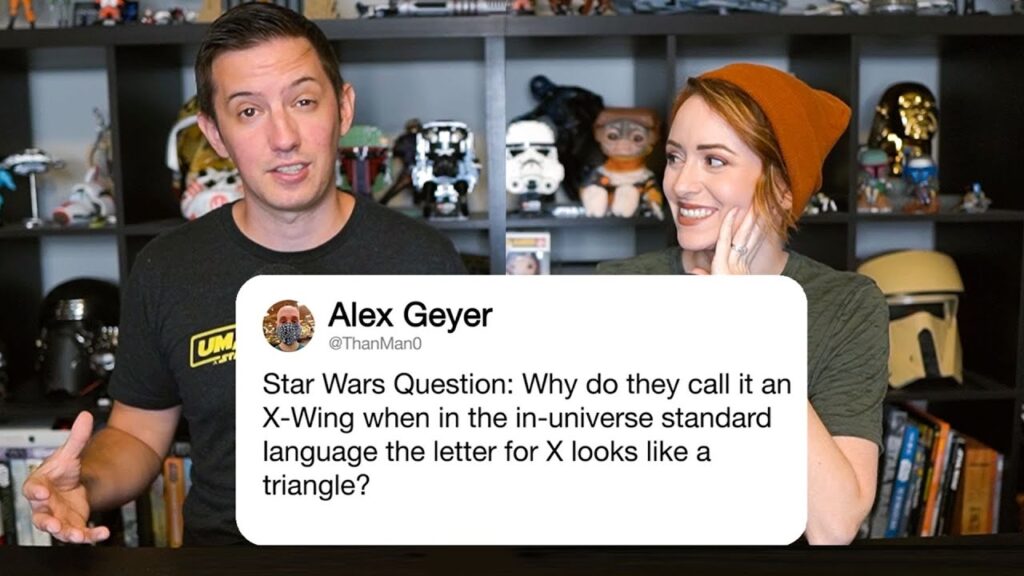Trash Talk: An Expert on Waste Management Answers Your Questions
Summary
Ed Grayson, New York City Sanitation Commissioner, sheds light on various aspects of waste management and recycling during a Q&A session on Trash Support. He urges people to recycle, dispose of batteries correctly, and stop illegal dumping. Grayson explains the technology behind garbage trucks and highlights the role of the Sanitation Department in refuse recycling, snow removal, and street cleaning. The article provides answers to common questions on recycling, landfills, waste segregation, and composting in NYC.
Table of Contents:
- The Proper Recycling of Automotive Batteries
- Why Does NYC Sanitation Only Pick Up Recyclable Materials Once a Week?
- How Does Recycling Work?
- Disposal of Garbage in Landfills
- What Happens When All the Landfills Get Filled?
- The Process of Waste Segregation
- Can Composting Work in NYC?
Introduction:
Waste management and recycling are crucial in preserving the environment for future generations. However, many people are still unsure about the proper methods of disposing of waste and understanding the recycling process. Fortunately, Ed Grayson, New York City Sanitation Commissioner, has given valuable insights during a session on Trash Support. In this article, we will explore the questions asked and the answers provided by Grayson to deepen our understanding of waste management and recycling.
Q&A:
The Proper Recycling of Automotive Batteries
Question: Can you explain how to correctly recycle automotive batteries?
Answer: Automotive batteries should not be thrown in the trash as they contain toxic chemicals that can harm the environment. Instead, they should be taken to designated collection points or sent back to the manufacturer for recycling. Here in New York City, any store that sells lead-acid batteries is also required by law to accept them back for recycling. It is essential to follow these guidelines to ensure that these hazardous materials are recycled safely and that the environment is protected.
Why Does NYC Sanitation Only Pick Up Recyclable Materials Once a Week?
Question: Why does NYC Sanitation only pick up recyclable materials once a week instead of every day?
Answer: The Sanitation Department has a considerable workload and picks up recyclable materials once a week as it is the most efficient system for our resources. We also encourage New Yorkers to reduce their waste and recycle as much as they can, which would limit the amount of recyclables collected as well. Additionally, we ask New Yorkers to be patient and avoid placing excess waste on the curbside, as it can block the streets and impact the sanitation system’s functionality.
How Does Recycling Work?
Question: Can you provide a brief overview of how recycling works?
Answer: Recycling is the process of converting used materials into new products. Recycling requires us to collect, sort, clean, and then process materials such as paper, plastic, metal, and glass. These materials are then sent to the appropriate processing facility where they are turned into new products. The recyclable materials are sorted into different categories, cleaned and processed accordingly. For example, plastic bottles are shredded, melted, and turned into pellets, which are then used to make new plastic products, such as water bottles or packaging.
Disposal of Garbage in Landfills
Question: What happens to garbage that is thrown in landfills?
Answer: Garbage that is thrown in landfills is buried underground and will eventually decompose over time. However, the process of decomposition can take several years or even decades. During this time, the waste generates methane gas and other harmful greenhouse gases that contribute to climate change. Therefore, the Sanitation Department is continuously improving its efforts to divert waste away from landfill and prioritize recycling and composting.
What Happens When All the Landfills Get Filled?
Question: What happens if all the landfills get filled up?
Answer: Landfills are designed to accommodate waste for many years. However, if and when they do reach capacity, alternative ways of waste disposal such as incineration may need to be considered. However, it is essential to reduce our waste and recycle as much as possible to avoid overfilling landfills in the first place. Investing in waste-to-energy facilities or other innovative technologies can also help reduce the volume of waste in landfills.
The Process of Waste Segregation
Question: Can you explain the process of waste segregation?
Answer: Waste segregation is the process of separating waste materials into different categories such as plastics, glass, metal, paper, and organic waste. It is a crucial aspect of recycling and waste management because it makes the sorting and processing of different materials more manageable. Waste segregation starts with the individual who generates the waste by correctly disposing of materials in the specific bin for each waste category. These bins are then collected by garbage trucks and taken to designated facilities, where they are sorted and processed further.
Can Composting Work in NYC?
Question: Is it possible to compost in NYC?
Answer: Yes, it is possible to compost in NYC, and it is an essential aspect of reducing waste and preserving the environment. The composting process involves breaking down organic materials into a nutrient-rich soil-like substance that can be used as fertilizer. The NYC Department of Sanitation started a curbside composting pilot program a few years ago and has since expanded it to various neighborhoods across the city. There are also community gardens, compost drop-off locations, and other initiatives to encourage composting.
Conclusion:
Waste management and recycling are essential to protect the environment, conserve natural resources, and sustain future generations. Ed Grayson, NYC Sanitation Commissioner, provided valuable information on recycling, waste segregation, composting, and other aspects of waste management during his Q&A session on Trash Support. It is vital to follow proper guidelines for waste disposal, recycle materials correctly, and reduce the amount of waste generated in the first place. By working together, we can preserve the environment for future generations.







